Find Help
More Items From Ergsy search
-

What is the new Domestic Abuse Act in the UK?
Relevance: 100%
-
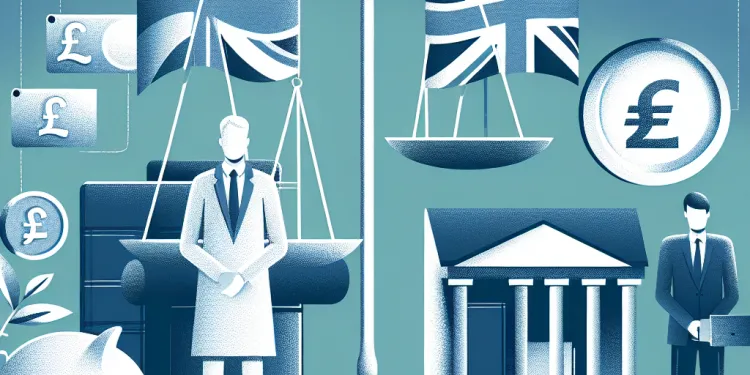
Understanding the New Domestic Abuse Laws in the UK
Relevance: 99%
-

Are you a male victim of domestic abuse?
Relevance: 99%
-
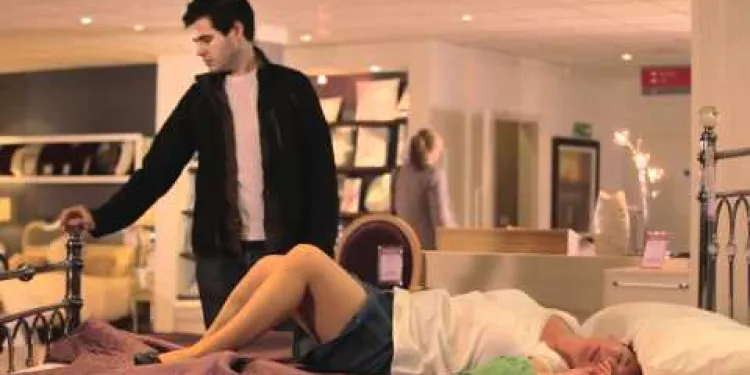
Live Fear Free - Domestic Abuse
Relevance: 98%
-

Understanding the Impact of the UK's New Domestic Abuse Legislation
Relevance: 97%
-
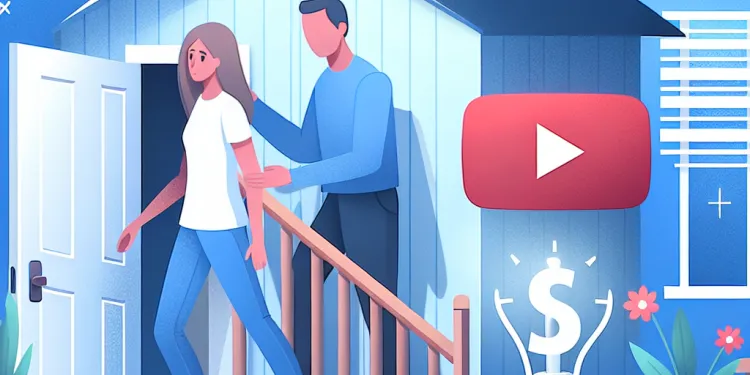
Steps to Take When Facing Domestic Abuse
Relevance: 95%
-

What constitutes economic abuse under the Domestic Abuse Act 2021?
Relevance: 94%
-

Live Fear Free - The Effect of Domestic Abuse on Children
Relevance: 92%
-

When did the Domestic Abuse Act 2021 come into effect?
Relevance: 91%
-

Who can be considered a domestic abuse perpetrator under the new law?
Relevance: 86%
-

What is Honour Based Abuse?
Relevance: 57%
-
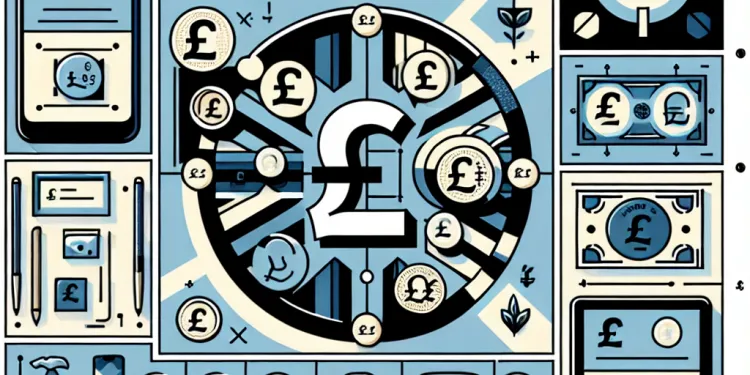
Is honour based abuse a cultural practice?
Relevance: 56%
-
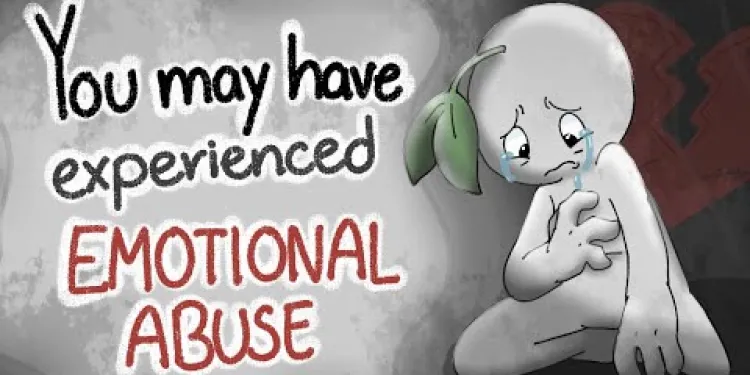
6 Signs of Emotional Abuse and Neglect
Relevance: 54%
-
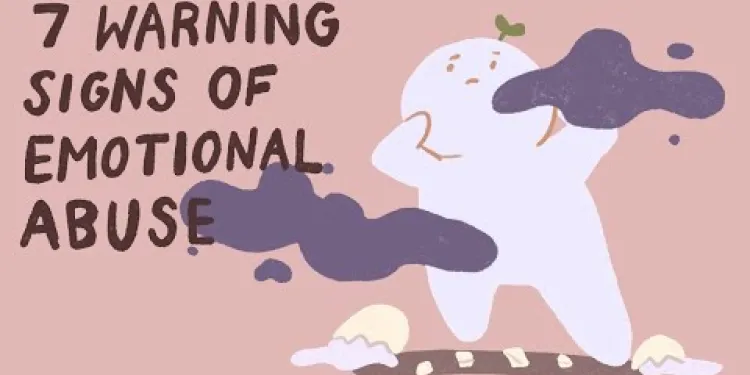
7 Warning Signs of Emotional Abuse
Relevance: 53%
-

What are the new protocols for domestic violence cases in family court in 2026?
Relevance: 53%
-

Who can be a victim of honour based abuse?
Relevance: 52%
-
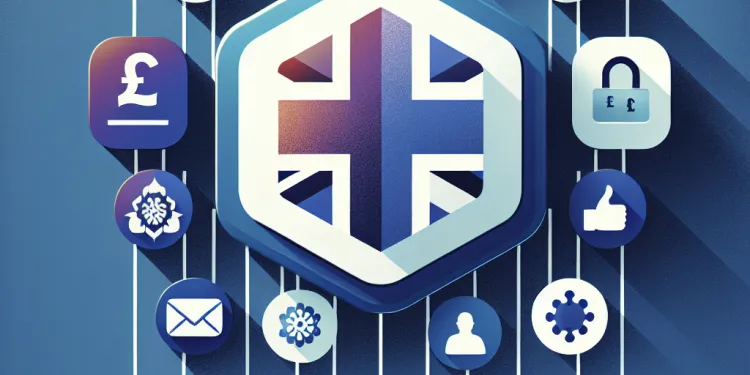
How can honour based abuse be prevented?
Relevance: 51%
-

When Kids Abuse Kids
Relevance: 50%
-

Can men be perpetrators of honour based abuse?
Relevance: 50%
-
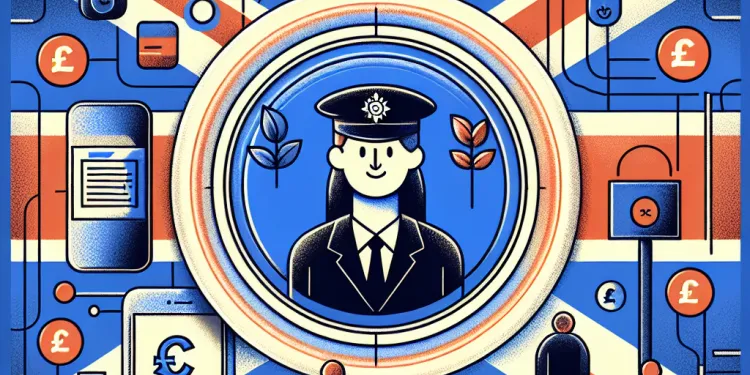
What are the signs of honour based abuse?
Relevance: 48%
-

Is it necessary to have travel insurance for domestic trips?
Relevance: 47%
-
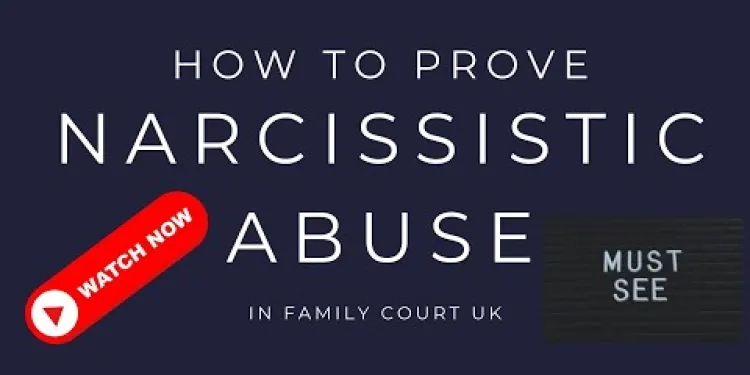
How To Prove Narcissistic Abuse In Family Court UK
Relevance: 47%
-
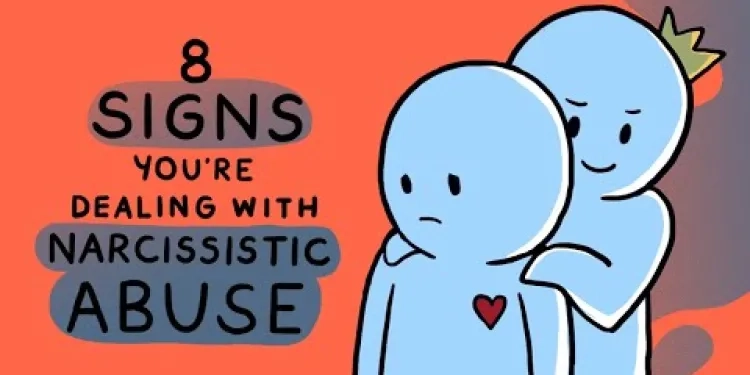
8 Signs You Are Dealing with Narcissistic Abuse
Relevance: 46%
-

What forms can honour based abuse take?
Relevance: 45%
-
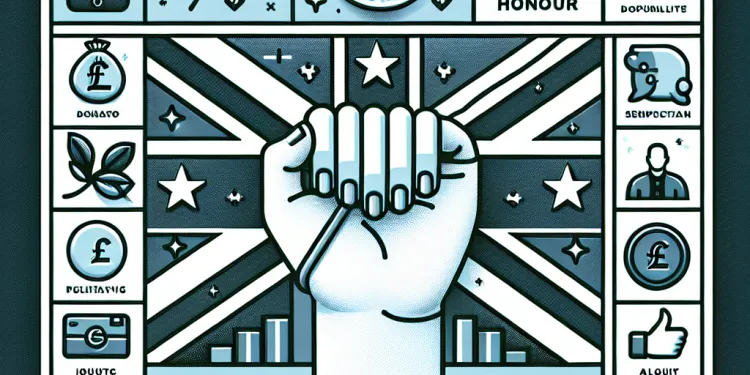
How does honour based abuse impact victims?
Relevance: 44%
-

Three-year limit for child sexual abuse claims to be removed
Relevance: 44%
-

5 Signs You've Been Mentally Abused
Relevance: 42%
-
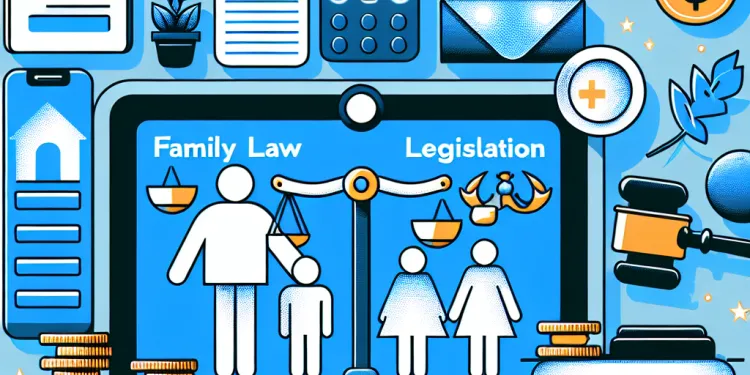
Impacts of Recent Changes to Family Law Legislation
Relevance: 34%
-

What are women's prisons like in the UK?
Relevance: 28%
-

What is Gaslighting?
Relevance: 26%
-
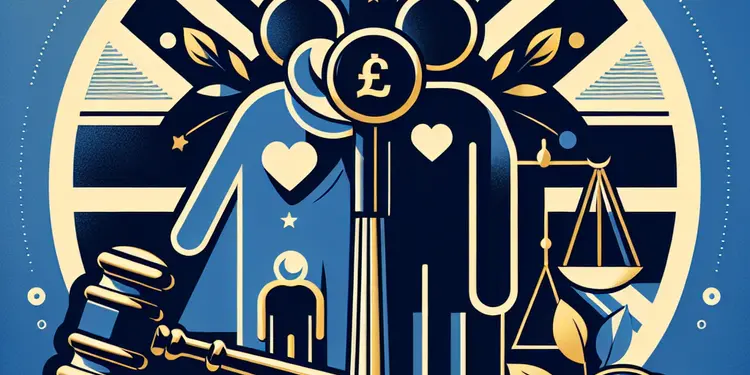
Are there modifications to legal aid access in family court for 2026?
Relevance: 23%
-

What is the purpose of honour based abuse?
Relevance: 23%
-

How prevalent is honour based abuse?
Relevance: 23%
-
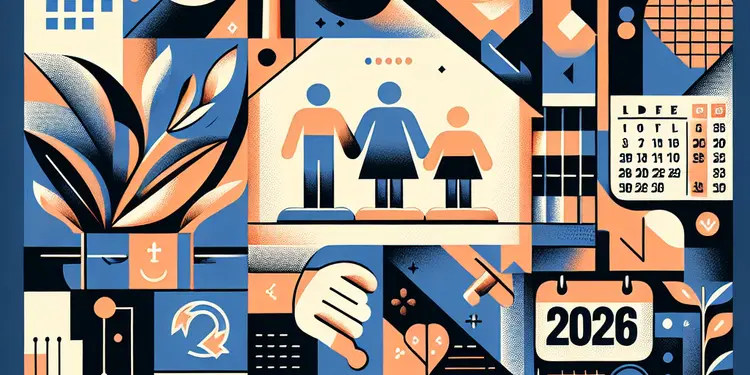
What are the key changes to family court law in 2026?
Relevance: 20%
-

What are the changes to Family Court Law in 2026?
Relevance: 19%
-
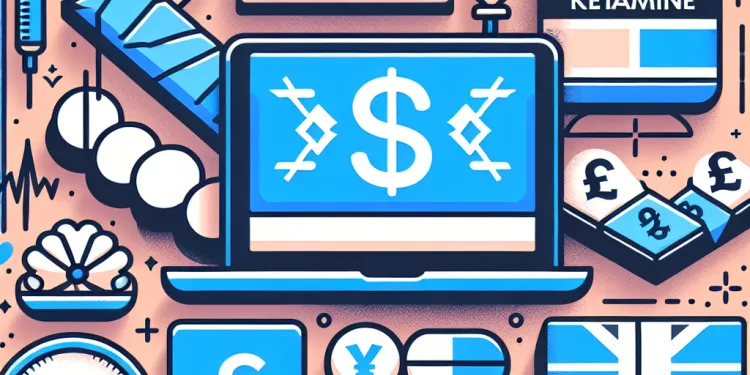
Is ketamine addictive?
Relevance: 19%
-
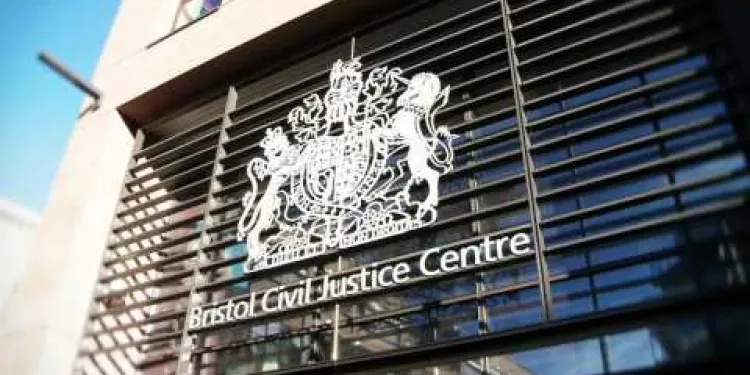
The Family Court without a Lawyer - Video 1 of 3
Relevance: 19%
-
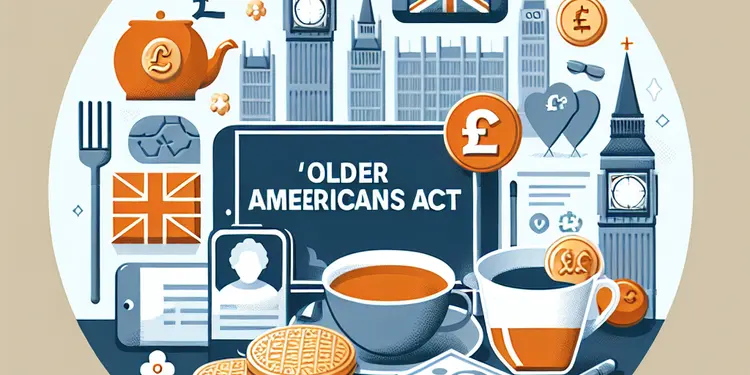
What is the Older Americans Act and how does it help seniors?
Relevance: 17%
-

What is reverse charge VAT?
Relevance: 17%
-

Is ketamine a controlled substance?
Relevance: 16%
Live Fear Free - Domestic Abuse Awareness
Domestic abuse is a critical issue that affects countless individuals and families across the United Kingdom. It encompasses a range of abusive behaviors, including physical violence, emotional manipulation, coercion, and control. Recognizing the signs and understanding the resources available are key components in addressing this pervasive problem.
Understanding Domestic Abuse
Domestic abuse can happen to anyone regardless of gender, age, ethnicity, or socioeconomic status. It often involves a pattern of behavior intended to gain or maintain power and control over an intimate partner. The abuse can manifest in various forms such as physical attacks, sexual violence, psychological abuse, and financial control. Being aware of these manifestations helps in identifying the occurrence of domestic abuse, whether it's happening to oneself or someone you know.
Recognizing Signs of Abuse
Recognizing signs of domestic abuse is a crucial step towards intervention. Common indicators include unexplained injuries, changes in behavior such as withdrawal or anxiety, and visible signs of control or intimidation by a partner. Other signs may include a partner making threats, limiting access to financial resources, or isolating their partner from family and friends. Understanding these signs helps individuals identify situations where they or others may be experiencing domestic abuse.
Help and Support in the UK
In the UK, numerous resources are available to those affected by domestic abuse. The Live Fear Free helpline offers confidential support and advice to anyone experiencing domestic abuse. Victims, as well as concerned family and friends, can reach out via phone, online chat, or email. Additional support includes refuge accommodations, counseling services, and legal aid to help victims find safety and seek justice.
Taking Action
If you believe someone is in immediate danger, calling the police is essential. For ongoing support, reaching out to specialized domestic abuse services can provide guidance. Communities also play a role in tackling domestic abuse by promoting awareness and understanding. Engaging in local initiatives or campaigns can further support efforts to reduce and ultimately eliminate domestic abuse.
Live Fear Free - Domestic Abuse Awareness
Domestic abuse is when someone hurts or scares another person in their family or relationship. This can happen to many people in the UK. It can be physical violence or controlling behavior. Knowing what it looks like and how to get help is important to stop it.
Understanding Domestic Abuse
Domestic abuse can happen to anyone, no matter if they are male or female, young or old, rich or poor. It often happens when someone tries to control their partner. Abuse can be hitting or hurting, forcing someone to do things they do not want to do, saying mean things, or controlling money. It is important to know these signs so you can help yourself or someone else.
Recognizing Signs of Abuse
Look out for signs of abuse so you can help. These include bruises or injuries that can't be explained, someone being very quiet or scared, or a partner being controlling. If a partner makes threats, controls money, or keeps someone away from friends and family, these are also signs of abuse. Knowing these can help you see if you or someone you know is in trouble.
Help and Support in the UK
There is help for people facing domestic abuse in the UK. The Live Fear Free helpline is there to support anyone affected by domestic abuse. You can call, chat online, or email them privately. Other help includes safe places to stay, talking to someone for support, and legal help to stay safe and get justice.
Taking Action
If you think someone is in immediate danger, call the police right away. For ongoing help, contact domestic abuse services for advice. Communities can help too by spreading awareness and learning more about domestic abuse. Joining local events or campaigns can help make a difference and stop domestic abuse.
Frequently Asked Questions
What is domestic abuse?
Domestic abuse is any incident or pattern of controlling, coercive, threatening, or violent behavior by a partner, ex-partner, or family member. It can include physical, emotional, psychological, sexual, or financial abuse.
How can I recognize signs of domestic abuse?
Signs may include isolation from family and friends, monitoring your communications, controlling finances, physical injuries, or changes in behavior due to fear of a partner's reaction.
Who can experience domestic abuse?
Anyone can experience domestic abuse regardless of gender, age, ethnicity, socio-economic status, sexuality, or background.
What should I do if I am experiencing domestic abuse?
Reach out for help immediately. You can contact the Live Fear Free helpline, seek support from local services, or talk to someone you trust.
Is there a helpline I can call for support?
Yes, the Live Fear Free helpline is available 24/7 at 0808 80 10 800. They offer free, confidential support and information.
What should I do if someone I know is experiencing domestic abuse?
Listen to them without judgment, offer support, and encourage them to contact support services like the Live Fear Free helpline.
How can I make a safety plan for leaving an abusive situation?
A safety plan may include identifying a safe place to go, keeping essentials packed, and having important documents and emergency contacts easily accessible.
What are my housing options if I leave an abusive relationship?
You may be eligible for emergency housing or a place in a refuge. Contact local domestic abuse services for assistance with finding safe accommodation.
Will the police take domestic abuse seriously?
Yes, the police treat domestic abuse as a serious crime. They have trained officers who can support victims and take action against perpetrators.
Can I get a restraining order against an abusive partner?
Yes, you can apply for court orders such as non-molestation orders or occupation orders to protect yourself from an abusive partner.
Is support available for men experiencing domestic abuse?
Yes, men can access support and are encouraged to contact services such as the Live Fear Free helpline or specific support organizations for men.
What help is available for children witnessing domestic abuse?
Specialist services provide support and guidance for children who have witnessed domestic abuse, helping them cope with emotional and psychological effects.
What role does economic abuse play in domestic situations?
Economic abuse involves controlling or restricting a person's ability to acquire, use, or maintain economic resources, impacting their independence and wellbeing.
How can I support a colleague who might be experiencing domestic abuse?
Encourage them to seek help, offer a listening ear without intrusion, and familiarize yourself with your company's policies on supporting employees experiencing abuse.
How can I access counseling or emotional support after leaving an abusive relationship?
Various organizations offer counseling and support services. Contact the Live Fear Free helpline for advice on accessing local services.
What is domestic abuse?
Domestic abuse is when one person hurts or scares someone in their family or home. It can happen between adults who are boyfriend and girlfriend, or who are married. It can also happen between parents and children.
Domestic abuse can be physical, like hitting or pushing. It can also be emotional, like saying mean things or trying to control what someone does. It is never okay.
If you or someone you know is facing domestic abuse, it is important to talk to someone you trust. You can also call a helpline for help and support. Adults can help find the right support and keep you safe.
Domestic abuse is when someone hurts, threatens, or tries to control another person. This can be done by a partner, ex-partner, or a family member. Abuse can happen in different ways like hitting (physical), saying mean things (emotional), making someone afraid (psychological), hurting someone sexually, or taking their money (financial).
How can I see signs of hurt at home?
Knowing when someone is getting hurt at home can be hard. Here are some easy signs to watch for:
- Is someone often sad or scared of a person they live with?
- Do they have bruises or cuts they cannot explain?
- Does the person they live with control where they go or who they see?
- Are they often not allowed to have money or make choices?
- Are they stopped from seeing friends or family?
If you see these signs, you can help by:
- Talking to a trusted adult or friend.
- Calling a help line for advice.
- Helping the person find a safe place.
Look for signs like staying away from family and friends, someone checking your phone or messages, taking your money or not letting you use it, having bruises or injuries, or acting differently because you're scared about what your partner might do.
Who can face problems at home?
People of all ages, genders, and backgrounds can have problems at home. This can include hurtful words or actions from someone they live with. If you feel unsafe or scared at home, it's important to talk to someone who can help you.
Here are some ways to get help:
- Tell a trusted adult, like a teacher or family member.
- Call a helpline to talk to someone who understands.
- Remember, you are not alone, and it's okay to ask for help.
Anyone can go through domestic abuse. It does not matter if you are a boy or a girl, young or old, where you come from, how much money you have, who you love, or what your background is.
What should I do if someone hurts me at home?
If you feel scared or someone is hurting you at home, here are some steps you can take:
- Tell someone: Talk to a friend, family member, or someone you trust. Let them know what is happening.
- Call for help: You can call a helpline or emergency services. They can help you stay safe.
- Go to a safe place: If you can, find a safe place to go. This could be a friend's house or a shelter.
- Make a plan: Think about what you can do to stay safe in the future. It helps to have a plan.
You are not alone. People are there to help you.
Ask for help right away. You can call the Live Fear Free helpline, get help from local groups, or talk to someone you trust.
Can I call someone for help?
If you need help, you can call a helpline. A helpline is a phone number you can call to talk to someone who can help you.
Here are some tips to help you:
- Find the right phone number to call for help. You can ask a friend or look online.
- Write down what you want to say before you call to make it easier.
- If you need help reading or writing, ask someone you trust to help you.
Remember, you are not alone, and there are people who want to help you.
You can call the Live Fear Free helpline anytime, day or night, at 0808 80 10 800. They will listen, help, and won't tell anyone else.
What to Do If Someone You Know Is Being Hurt at Home
Listen to them and don't judge them. Offer help and support. Tell them they can call support services like the Live Fear Free helpline.
How to Make a Safety Plan to Leave a Dangerous Situation
If you want to leave a place where someone is hurting you, it's important to be safe. Here are simple steps to help you:
- Tell someone you trust: Share what is happening with a friend, family member, or teacher.
- Pack a bag: Put important things in a bag. Include clothes, money, and special items.
- Know where to go: Plan a safe place to stay, like a friend's house or a shelter.
- Write down important numbers: Keep a list of phone numbers for help, like the police or a support hotline.
- Practice leaving safely: Think about how you will leave and what you will need.
Remember, you are not alone. There are people who care and want to help you.
A safety plan is like a plan to keep you safe. It might include:
- Finding a safe place to go.
- Packing important things you need.
- Knowing where to find important papers and phone numbers you might need quickly.
Using pictures or a list can help you remember your plan. You can ask someone you trust to help you make this plan.
Where can I live if I need to leave because someone is hurting me at home?
If you need to leave home because someone is not being nice to you, there are places you can go to stay safe.
- Stay with family or friends: You can ask someone you trust if you can stay with them for a while.
- Women’s refuge or shelter: This is a safe place just for people who need to get away from a bad home situation for a short time.
- Talk to someone who can help: You can call or visit a service that helps people find a safe place to live. They will listen and give advice.
It is important to talk to someone you trust or a support service if you are scared or in danger. You're not alone, and there is help available.
You might be able to get emergency housing or stay in a safe place called a refuge. Talk to local domestic abuse services to help you find a safe place to stay.
Do the police care about domestic abuse?
Yes, the police take home violence very seriously. They have special officers who can help people hurt at home and stop the person causing harm.
Can I get a restraining order to keep a mean partner away?
Yes, you can ask a judge for a paper that tells a mean partner to stay away from you. This paper is called a restraining order or protection order.
Here’s how to do it:
- Ask for help: Talk to a trusted adult or friend who can help you.
- Visit a court: Go to the place where judges work, called a court.
- Fill out forms: Write down what happened and why you want the order.
- Talk to a judge: A judge will listen to your story and decide if you need the order.
Tools to help:
- Make a safety plan: Plan what to do if you feel unsafe.
- Call for help: In an emergency, dial 911 or your local emergency number.
- Speak with a counselor: Talk to someone who can help with your feelings.
Yes, you can ask the court for help. You can get special orders to keep you safe from a partner who is being mean or hurting you. These are called non-molestation orders or occupation orders.
Can men get help if someone is hurting them at home?
If someone is being mean or hurting a man at home, he can get help. There are places and people who will listen and help him feel safe. He is not alone, and it is important to talk to someone he trusts.
Yes, men can get help. It is a good idea to call for support. You can contact the Live Fear Free helpline. There are also special groups that help men.
What help can kids get if they see domestic abuse?
If kids see fighting or hurting at home, there is help for them. Adults need to know how they feel and help them feel safe.
Here are some things that can help:
- Talking to a trusted adult: Kids can talk to someone they trust, like a teacher or a family friend.
- Counseling: Talking to a counselor or therapist can help kids understand their feelings.
- Helplines: Calling a helpline gives kids someone to talk to at any time. The person on the phone can give support and help.
- Safe places: There are safe places where kids and their families can go if they need to leave home. These places keep them safe.
- Support groups: Meeting other kids with similar experiences can help. They can share stories and support each other.
Remember, it's important for kids to feel safe and know that help is available.
Special helpers give support and advice to kids who have seen violence at home. They help these kids feel better and deal with their feelings.
How does money control happen in homes?
In some homes, one person controls all the money. They might not let the other person have any money to spend. This is called economic abuse.
Economic abuse can make people feel trapped because they can't buy things or leave the house.
If you feel this is happening, talk to someone you trust.
Tools that can help: talking to a trusted person or a support service.
Economic abuse is when someone controls your money or stops you from having money. This can make it hard for you to be independent and happy.
How can I help a coworker who might be going through domestic abuse?
Do you think someone you work with might be hurt at home? Here are some ways you can help:
- Listen to Them: If they want to talk, listen carefully and be kind.
- Be Supportive: Tell them you are there for them and they are not alone.
- Suggest Help: Encourage them to talk to someone they trust, like a friend or a counselor.
- Give Information: Tell them about people or places that can help, like support groups or hotlines.
- Be Patient: Remember, it might take time for them to feel ready to get help.
Always stay calm and caring. Let them know they can talk to you anytime.
Tell them it's okay to ask for help. Listen to them carefully and let them talk if they want. Know your company's rules about how to help employees who are getting hurt.
How can I get help and support after leaving a hurtful relationship?
If you are feeling upset or confused after leaving a bad relationship, there are ways to feel better. Here are some steps you can take:
- Talk to a Trusted Person: Share your feelings with a friend or family member you trust. It helps when someone listens.
- Get Professional Help: You can talk to a counselor or therapist. They are trained to help you understand your feelings.
- Find Support Groups: Join a group where people meet to talk about similar experiences. It is good to know you are not alone.
- Use Hotlines: Call a helpline for advice. You can talk to someone any time, day or night.
Remember, it's okay to ask for help. You are strong for taking steps to feel better.
There are different groups that can help you. They have counseling and support services. You can call the Live Fear Free helpline to get advice on local services you can use.
Useful Links
This website offers general information and is not a substitute for professional advice.
Always seek guidance from qualified professionals.
If you have any medical concerns or need urgent help, contact a healthcare professional or emergency services immediately.
- Ergsy carfully checks the information in the videos we provide here.
- Videos shown by Youtube after a video has completed, have NOT been reviewed by ERGSY.
- To view, click the arrow in centre of video.
- Most of the videos you find here will have subtitles and/or closed captions available.
- You may need to turn these on, and choose your preferred language.
- Go to the video you'd like to watch.
- If closed captions (CC) are available, settings will be visible on the bottom right of the video player.
- To turn on Captions, click settings .
- To turn off Captions, click settings again.
More Items From Ergsy search
-

What is the new Domestic Abuse Act in the UK?
Relevance: 100%
-

Understanding the New Domestic Abuse Laws in the UK
Relevance: 99%
-

Are you a male victim of domestic abuse?
Relevance: 99%
-

Live Fear Free - Domestic Abuse
Relevance: 98%
-

Understanding the Impact of the UK's New Domestic Abuse Legislation
Relevance: 97%
-

Steps to Take When Facing Domestic Abuse
Relevance: 95%
-

What constitutes economic abuse under the Domestic Abuse Act 2021?
Relevance: 94%
-

Live Fear Free - The Effect of Domestic Abuse on Children
Relevance: 92%
-

When did the Domestic Abuse Act 2021 come into effect?
Relevance: 91%
-

Who can be considered a domestic abuse perpetrator under the new law?
Relevance: 86%
-

What is Honour Based Abuse?
Relevance: 57%
-

Is honour based abuse a cultural practice?
Relevance: 56%
-

6 Signs of Emotional Abuse and Neglect
Relevance: 54%
-

7 Warning Signs of Emotional Abuse
Relevance: 53%
-

What are the new protocols for domestic violence cases in family court in 2026?
Relevance: 53%
-

Who can be a victim of honour based abuse?
Relevance: 52%
-

How can honour based abuse be prevented?
Relevance: 51%
-

When Kids Abuse Kids
Relevance: 50%
-

Can men be perpetrators of honour based abuse?
Relevance: 50%
-

What are the signs of honour based abuse?
Relevance: 48%
-

Is it necessary to have travel insurance for domestic trips?
Relevance: 47%
-

How To Prove Narcissistic Abuse In Family Court UK
Relevance: 47%
-

8 Signs You Are Dealing with Narcissistic Abuse
Relevance: 46%
-

What forms can honour based abuse take?
Relevance: 45%
-

How does honour based abuse impact victims?
Relevance: 44%
-

Three-year limit for child sexual abuse claims to be removed
Relevance: 44%
-

5 Signs You've Been Mentally Abused
Relevance: 42%
-

Impacts of Recent Changes to Family Law Legislation
Relevance: 34%
-

What are women's prisons like in the UK?
Relevance: 28%
-

What is Gaslighting?
Relevance: 26%
-

Are there modifications to legal aid access in family court for 2026?
Relevance: 23%
-

What is the purpose of honour based abuse?
Relevance: 23%
-

How prevalent is honour based abuse?
Relevance: 23%
-

What are the key changes to family court law in 2026?
Relevance: 20%
-

What are the changes to Family Court Law in 2026?
Relevance: 19%
-

Is ketamine addictive?
Relevance: 19%
-

The Family Court without a Lawyer - Video 1 of 3
Relevance: 19%
-

What is the Older Americans Act and how does it help seniors?
Relevance: 17%
-

What is reverse charge VAT?
Relevance: 17%
-

Is ketamine a controlled substance?
Relevance: 16%


